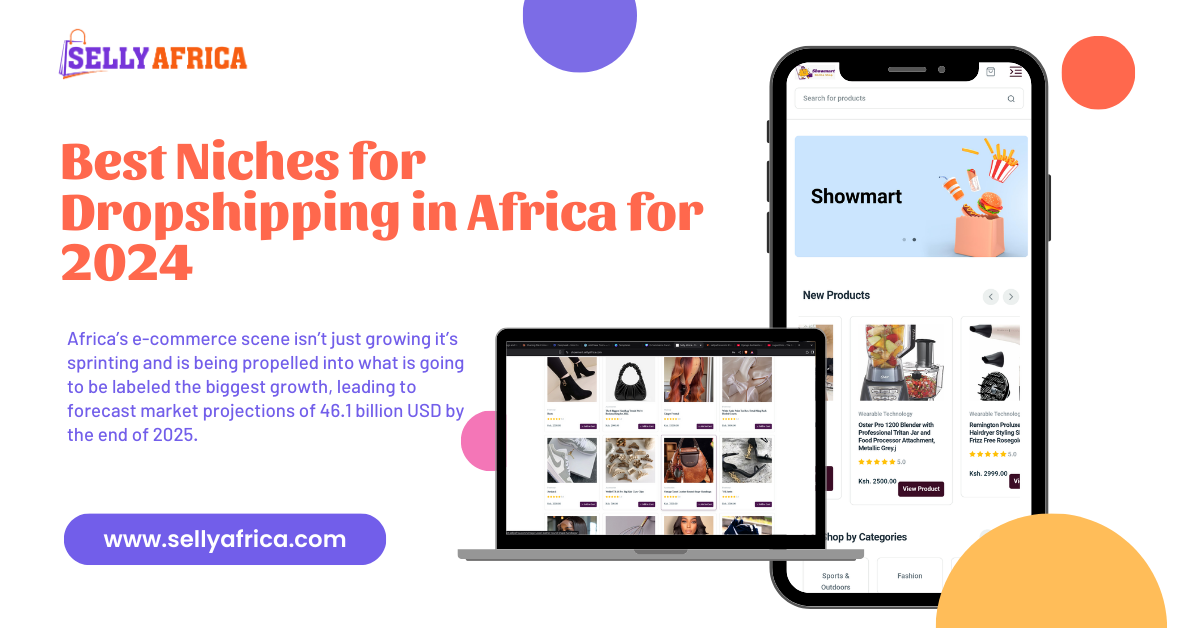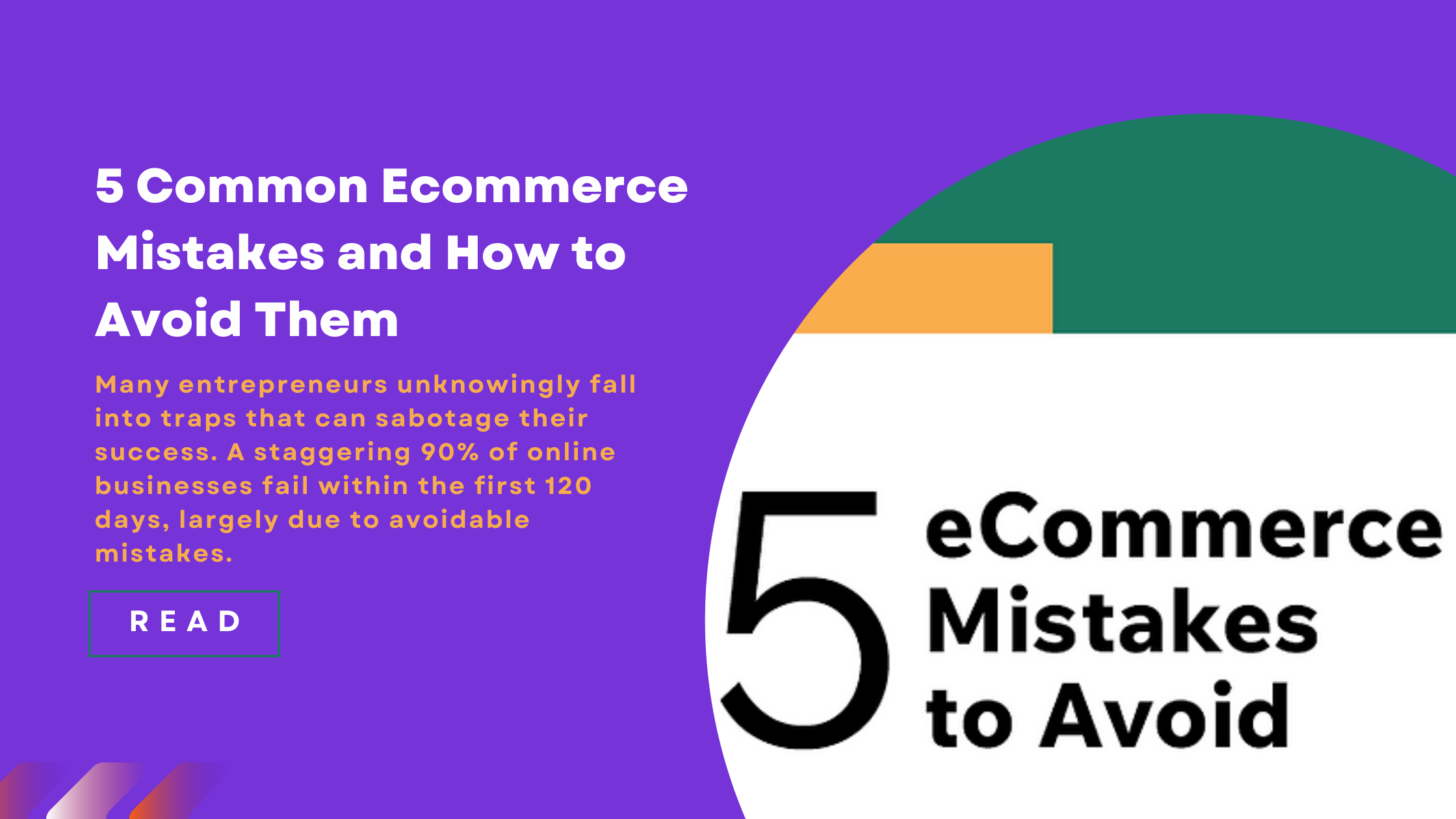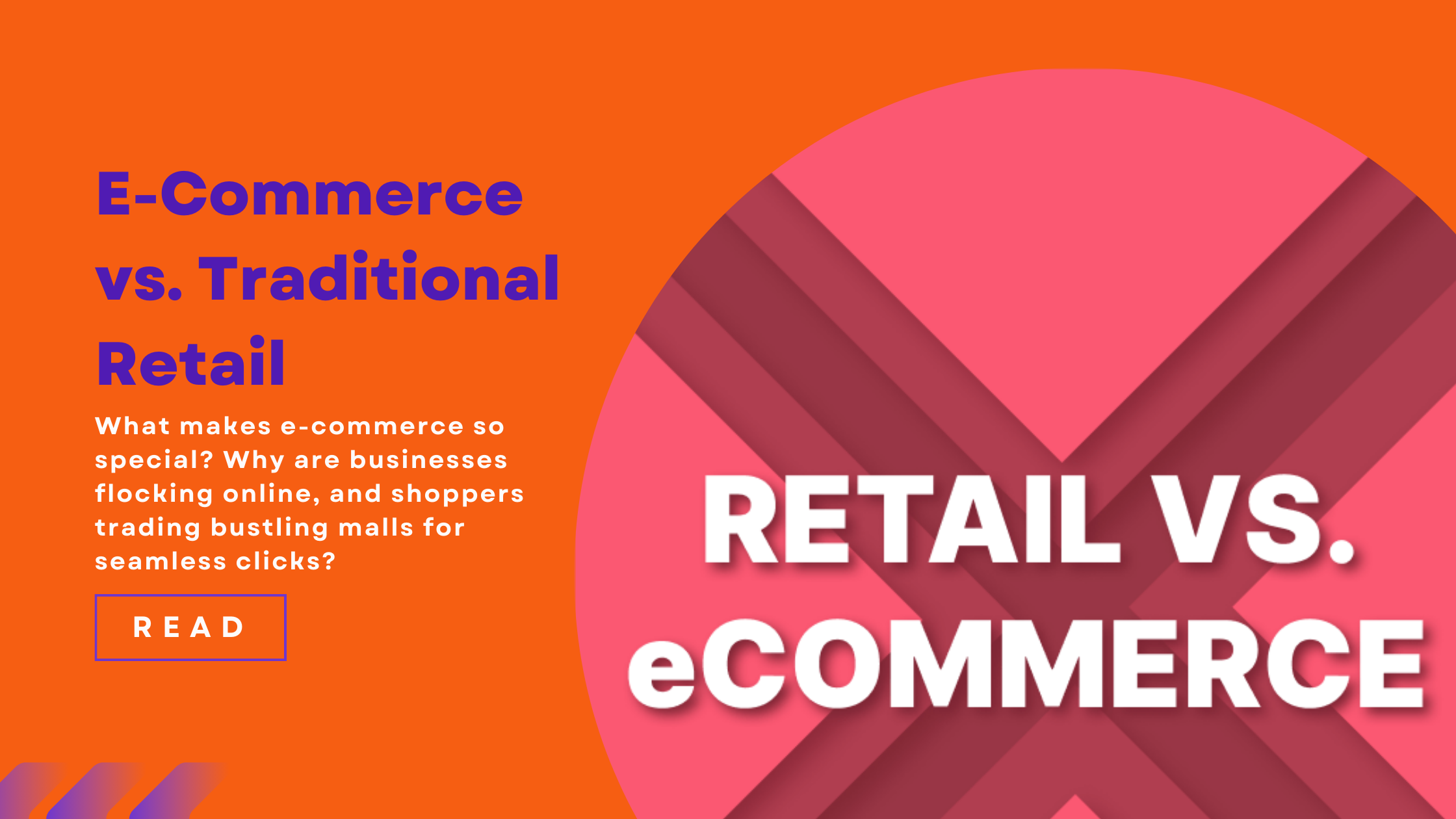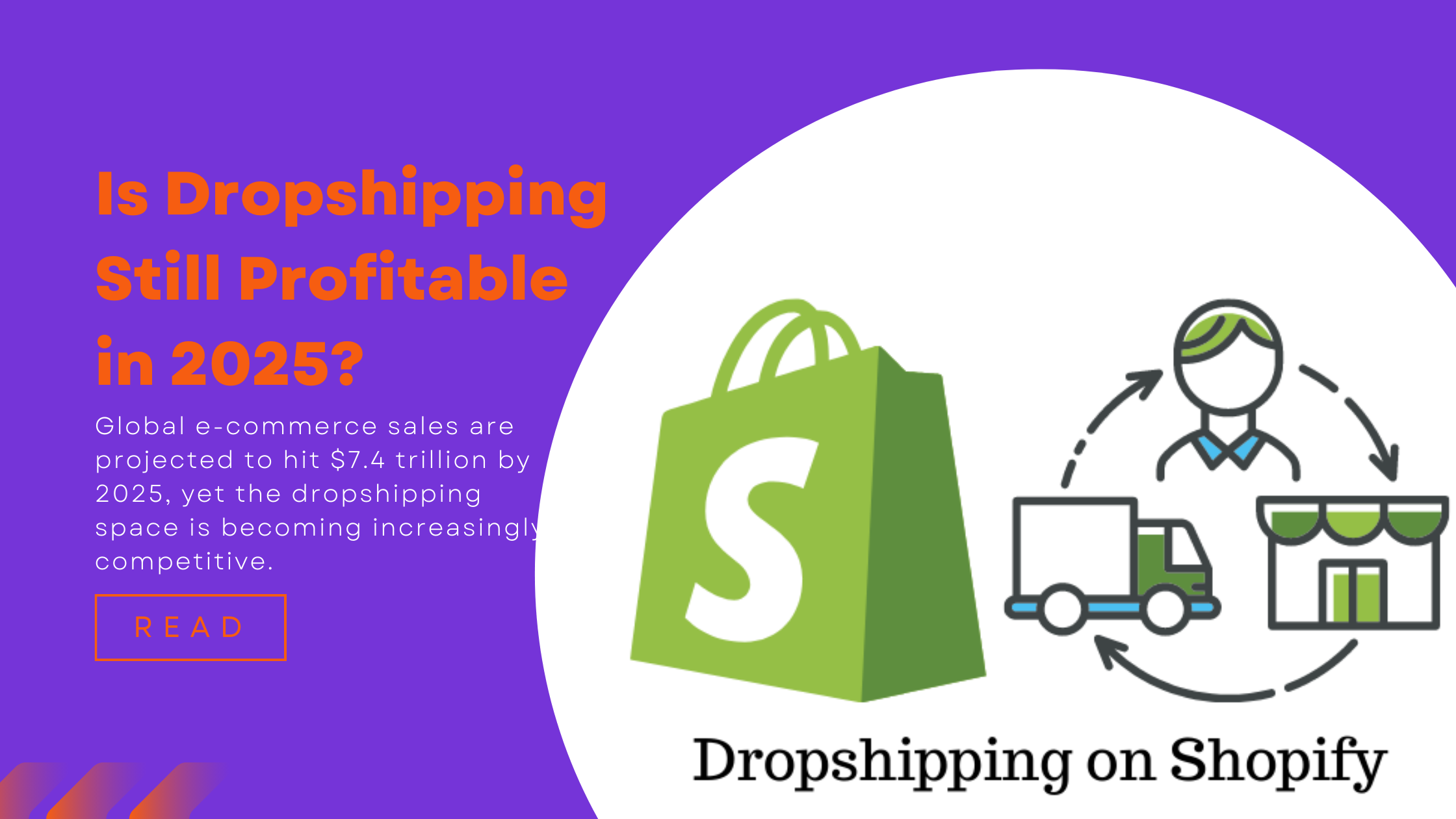
Are you an entrepreneur in Kenya with a passion for cars? Maybe you specialize in repairing vintage Land Rovers or stock the latest high-performance parts. The world of e-commerce (electronic commerce) is opening doors for businesses of all sizes, and Kenya is at the forefront of this exciting digital revolution. This article is your one-stop guide to understanding e-commerce in Kenya. We’ll dive into the trends, equip you with the steps to launch your own online store, and unveil the top 10 e-commerce giants currently leading the pack. So, buckle up and get ready to navigate the exciting world of Kenyan e-commerce!E-commerce, short for electronic commerce, refers to the buying and selling of goods or services online.
Imagine a virtual marketplace where you can browse products, compare prices, and make secure purchases with just a few clicks – that’s the magic of e-commerce!Kenya’s e-commerce journey began in the early 2000s with the arrival of internet connectivity. However, it wasn’t until the mid-2010s that we witnessed a significant surge. Increased smartphone penetration, improved internet infrastructure, and growing consumer confidence in online transactions fueled this e-commerce boom.
- 2016: The total e-commerce sales in Kenya were estimated at around $1.2 billion.
- 2020: E-commerce sales skyrocketed to a staggering $3.4 billion, reflecting a growth of nearly 183% in just four years!
- 2021: The COVID-19 pandemic further accelerated e-commerce growth as people stayed home and shopped online.
- 2023: The Kenyan e-commerce market witnessed continued growth, reaching an estimated value of $5.2 billion.
- 2024 (projected): Experts predict the Kenyan e-commerce market to reach a value of over $6 billion by the end of the year.

These statistics paint a clear picture: Kenyan e-commerce is a force to be reckoned with, and it’s only going to get bigger!
Your Step-by-Step Guide Inspired by Kenya’s e-commerce success story and have a car-related business idea brewing?
Here’s a roadmap to launch your own online store:
- Craft a Winning Business Plan: Outline your product offerings, target audience, marketing strategy, and financial projections.
- Choose Your E-commerce Platform: Popular options include Selly Africa https://sellyafrica.com, Shopify, WooCommerce, and Jumia Marketplace.
- Consider factors like ease of use, features, and scalability when making your choice.
- Secure a Domain Name and Web Hosting: Your domain name is your online address, and web hosting makes your store visible on the internet.
- Design a User-Friendly Website: Prioritize a clean layout, high-quality product images, and clear descriptions to enhance customer experience.
- Integrate Secure Payment Gateways: M-Pesa and mobile money solutions are popular choices in Kenya. Ensure a smooth and secure checkout process for your customers.
- Market Your Online Store: Utilize social media platforms, search engine optimization (SEO), and targeted online advertising to reach your target audience.
Top 10 ecommerce stores in Kenya
- Jumia (founded 2012): A household name, Jumia offers a vast selection of products, from electronics and fashion to homeware and groceries. They even have a marketplace platform for other sellers.

- Kilimall (founded 2014): Another major player, Kilimall boasts a wide variety of products at competitive prices. They also offer same-day delivery within Nairobi in some areas.

- Masoko (founded 2017): Backed by Safaricom, a leading telecommunications provider, Masoko focuses on genuine electronics and accessories, offering peace of mind to tech enthusiasts.

- Sky Garden (founded -): This platform allows Kenyan businesses to sell their products online, fostering a supportive e-commerce ecosystem.
- Carrefour Kenya (founded 2016): The brick-and-mortar supermarket giant Carrefour has joined the online game, offering convenient home delivery of groceries and household essentials.

- Copia (founded 2014): Targeting health-conscious consumers, Copia provides a platform for buying health and beauty products, organic food, and baby care essentials.

- Auto Check (founded 2013): Calling all car lovers! Auto Check is a specialized platform for buying and selling used cars, offering a secure and transparent online.
- Naivas Online Supermarket (founded -): Another major supermarket chain, Naivas, has embraced e-commerce, allowing customers to shop for groceries and household items online for delivery.

- Shopit (founded 2009): A leading retailer of ICT products, Shopit offers a wide range of electronics, computers, and related accessories through their online store.
- MyDawa (founded 2012): Focusing on healthcare, MyDawa is a leading online pharmacy, providing convenient access to medication, health supplements, and other pharmacy essentials.

The Future of E-commerce in Kenya
The future of Kenyan e-commerce is bright! Here are some exciting trends to watch:
- Mobile Money Dominance: Mobile money platforms like M-Pesa are expected to remain the preferred payment method for online transactions.
- Social Commerce Boom: Social media platforms like Instagram and Facebook will likely play an even bigger role in online shopping, with features like in-app purchases gaining traction.
- Logistics and Delivery Enhancements: Faster and more reliable delivery options, including same-day delivery within major cities, are on the horizon.
- Rural E-commerce Growth: As internet access expands in rural areas, e-commerce is expected to reach a wider Kenyan audience.
Whether you’re a seasoned shopper or a budding entrepreneur, the world of e-commerce in Kenya offers exciting possibilities. So, start your engines, explore these top stores, or even consider launching your own online venture. The Kenyan e-commerce landscape is waiting to be explored!12
Selly Africa
Build your ecommerce store in minutes
-
Top 5 Affordable POS Systems for Kenyan Retailers (2025)

In 2024, 65% of Kenyan retailers upgraded their POS systems. Yet, nearly half still struggle with clunky tech that can’t keep up with today’s […]
Best Niches for Dropshipping in Africa for 2025

Africa’s e-commerce scene isn’t just growing it’s sprinting and is being propelled into what is going to be labeled the biggest growth, leading to […]






